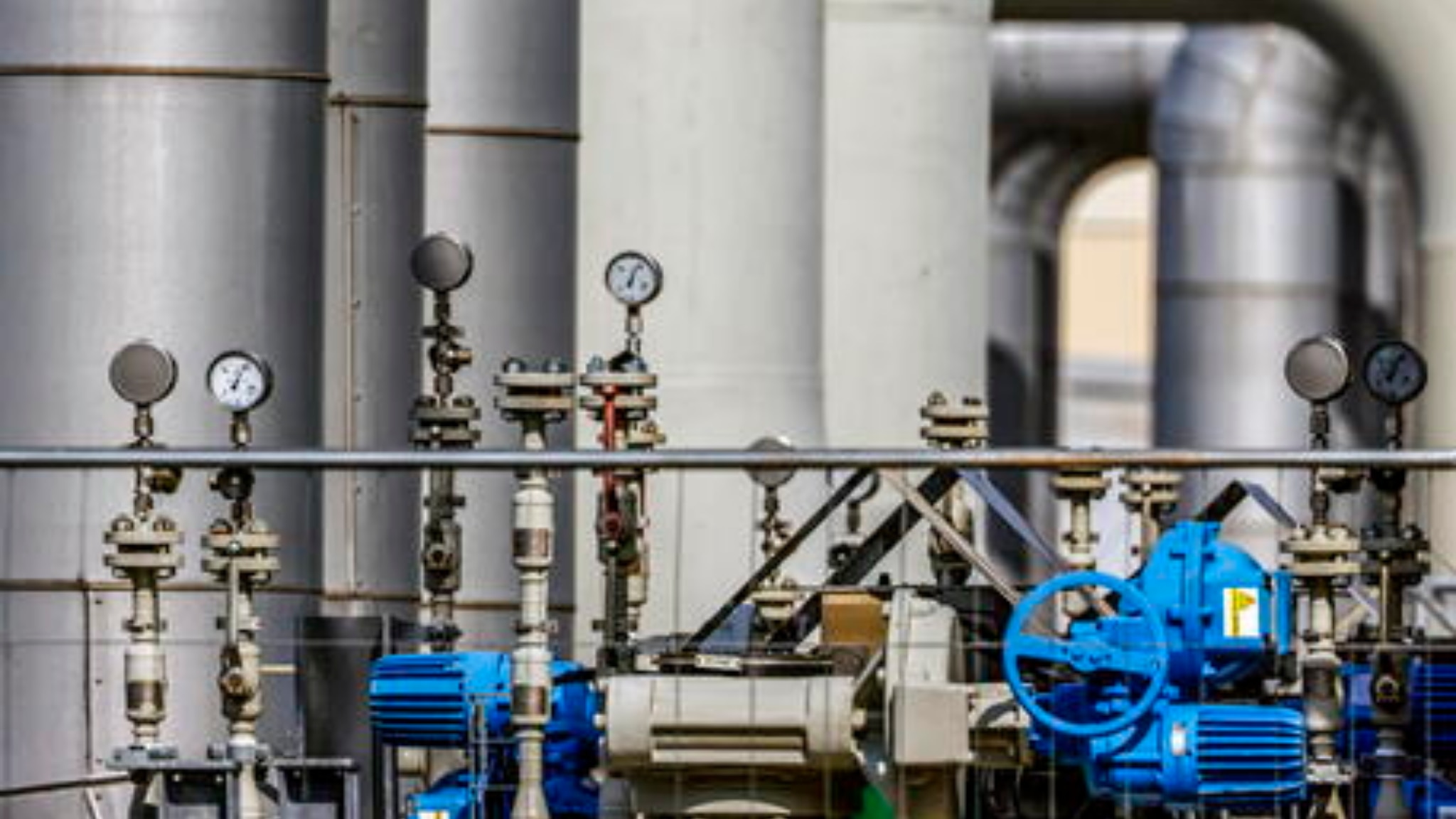Europe divided, as in the days of austerity, on the price cap at the price of gas
.
The cap on the entire import, in the informal document ("non paper") presented by the EU Commission, is considered too radical and risky a measure, unlike the Russian gas price cap (which has now become residual in the supply of EU, representing 9% of imports today compared to 40% last year), on which Palazzo Berlaymont is convinced.
In addition, the Commission has announced two other proposals.
The first is to develop and launch a new gas market indicator, which would be placed side by side with the Ttf in Amsterdam, and would be dedicated specifically to LNG (liquefied natural gas) with the aim of disconnecting this latter supply from the gas price increases due to manipulations of Gazprom.
The second,
completely new proposal
is to impose a ceiling on the price of gas used to generate electricity
.
In essence, this system would involve
an administered price but obtained through a public intervention
that would weigh on the budgets of the Member States.
In practice
, the national electricity system of each country would be responsible for paying the difference between the market price of gas and that imposed
with the "price cap".
But
leaving the burden of controlling prices to individual countries would allow for a differentiation between those who have fiscal space and those who do not
, and we would find ourselves in the
scenario already seen during the years of austerity
(and removed only with the measures of the Post Recovery plan -Covid): a divergence between countries with a good budget margin such as Germany and Holland, favored from the start, and those with little margin, such as Italy and the other countries of the South, which would be forced to get into debt again more on the markets.
The European Commission,
with its reluctance to set a ceiling on the price of generalized gas for all supplies, therefore risks entering
into a collision course with the majority of Member States
.
Up to now 15 states, including Italy, France, Spain and Poland, have sent an official letter to the European Commission asking for the generalized Price Cap
and which do not seem willing to give up in the face of the Commission's tentative maneuvers.
And the differences should be highlighted during the discussion at the extraordinary EU Council of Energy Ministers to be held tomorrow in Brussels.
Also irritating the government is the 200 billion shield announced by Berlin to calm prices in Germany.
"We cannot divide ourselves according to the space in our national budgets, we need solidarity", premier Mario Draghi warned.
And who is likely to succeed him at Palazzo Chigi, Giorgia Meloni, warns: "No Member State can offer effective and long-term solutions alone in the absence of a common strategy, not even those that appear to be less financially vulnerable".
The timing of the Berlin shield was also not accidental: 24 hours before the Energy Council and just as the Commission was merely proposing the price cap for Russian gas, explaining that a generalized cap on all imports "involves significant risks related to to the security of energy supplies ".
Observation that, in various chancelleries, was seen as too close to the sensibilities of Berlin.
The gas price cap, diplomatic sources observed, would be a measure in principle along the same lines as EU action against Covid.
The move by Berlin immediately brought the price of gas down, which in Amsterdam closed at 9.4% at 187.7 euros per megawatt hour.
With a sort of national price cap, in other words on the Lusitanian and Iberian model, Germany has swept away its greatest fear, linked instead to an EU-wide ceiling: that of energy supply.
The Commission, in its informal document, also indicated other risks linked to a generalized ceiling: from the increase in demand to the loss of attractiveness for suppliers, up to the lack of that market incentive that now allows the transfer of gas between states. EU.
For Brussels it is much better to negotiate the price with individual suppliers deemed reliable, leveraging on long-term contracts.
From here to the leaders' summit in Prague and then to the European Council at the end of October in Brussels, the road to European unity will therefore be terribly uphill.
The 15, Italy and France in the lead, will make themselves heard with the aim of increasing their numerical weight, perhaps convincing some Eastern countries also frightened by the supply risk.
Germany and Holland remain the real stumbling blocks.
"The EU response must reduce costs for families and businesses, and avoid market distortions. We must show solidarity, determination, as in supporting Ukraine", underlined Draghi.

